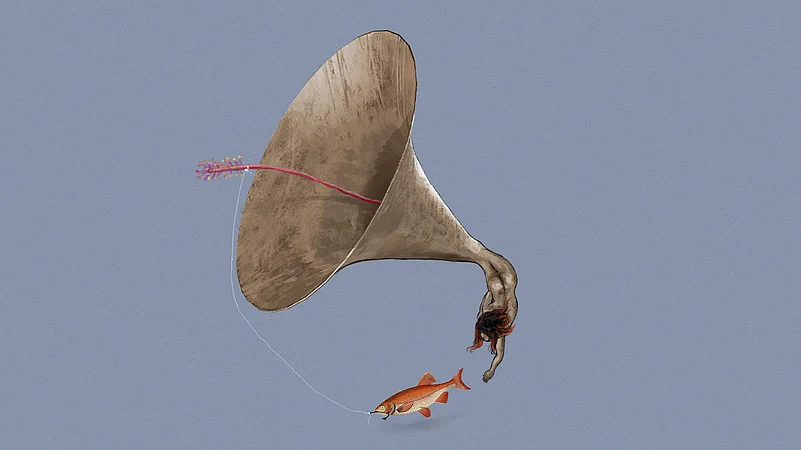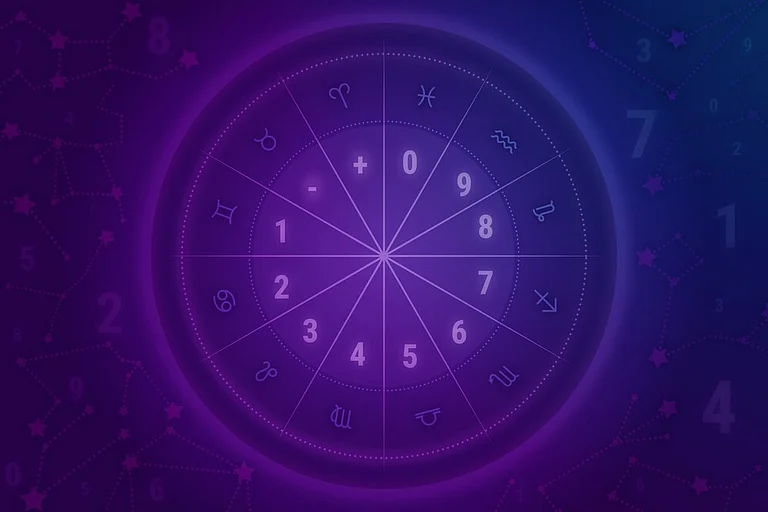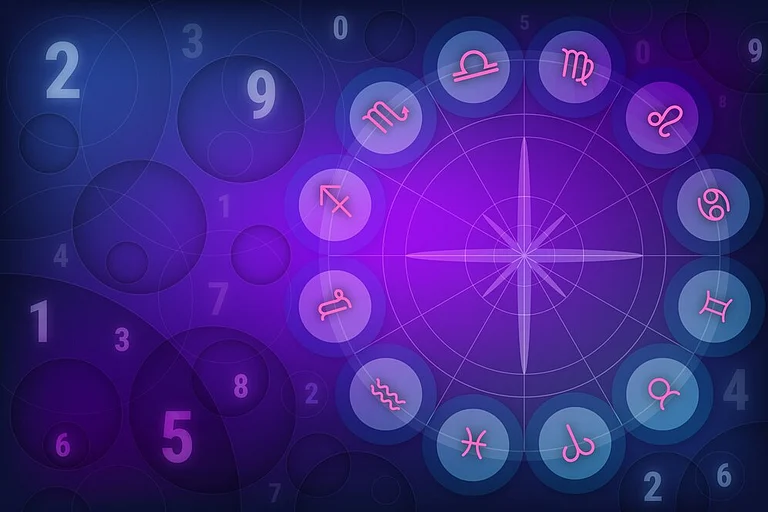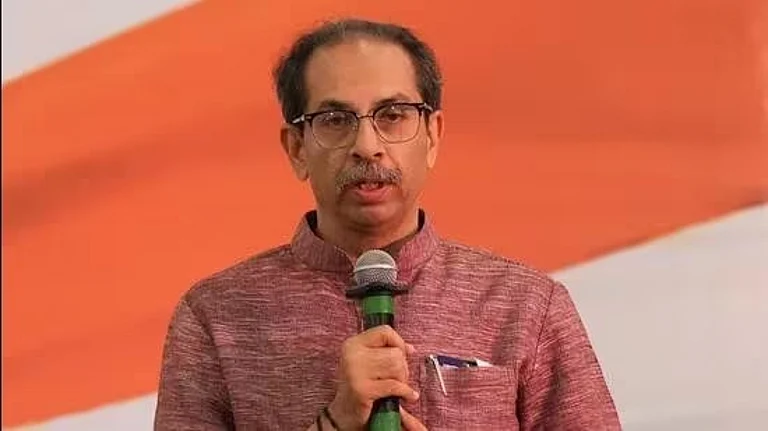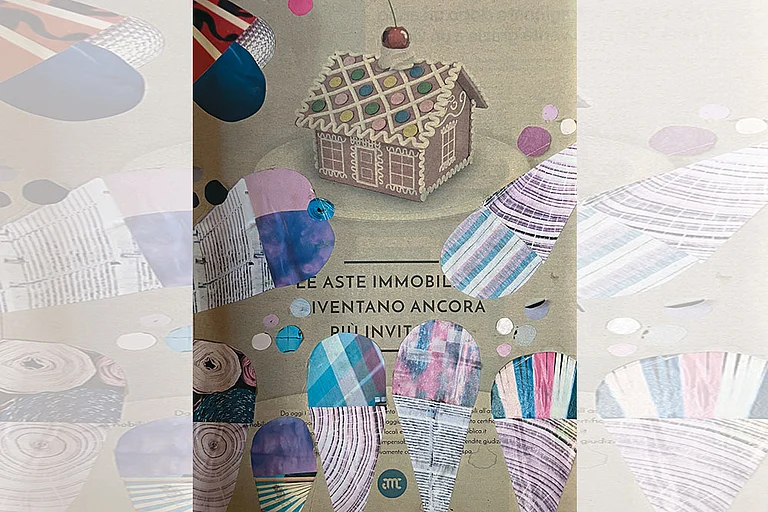The title of the piece seems an oxymoron as how can love be associated with oppression, two opposite feelings, one is for liberation and bonding while the latter is associated with torture and pain. However, these two feelings are very much complementary and closely associated for me. I associate love with oppression, subjugation and surrender and I am sure the feeling is shared by many others in the world.
I believe that I have internalised these feelings while I was in my formative state as a child and it is a result of how I had perceived my parental love and attachment with them. I have developed a distorted and complicated pattern of attachment with my parents, which is associated with love in one hand and intense fear at the other. I have carried this to my adulthood and still associate love with oppression, subjugation and emotional unavailability. In this personal essay, I will be sharing my experience with the feeling called ‘love’ and ‘affection’ when it is mixed with emotional turmoil and subjugation.
These contradictory feelings, love along with oppression, thrills me to my core, which is uncontrollable to some to extent. On the other hand, altruistic love seems a boring experience to me and sometimes scares me. It keeps me tied to a hamster wheel forever, running for in search of affection but not to be found anywhere.
Looking back into my childhood, I grew up in a chaotic family where parental conjugal relationship was associated with domestic violence and patriarchal oppression. But more than its effect, the impact of my mother’s erratic personality and demanding nature distorted me forever. My mother, although very caring and dutiful, was very emotionally unavailable. I always found her either disturbed with her depression or busy with her socialisation, whenever I needed her emotional support or wanted to share anything.
Her dual personality has always been beyond my comprehension, except the fact that I am unworthy of her love unless I keep begging for it. Whenever I was sad or scared and tried to reach out, I have always found her been disturbed with her own fear of ‘responsibilities attached with motherhood’. Her wish of getting rid of me as a part of her post-partum depression had a deep impact, which is deeply ingrained in my nervous system forever. Detachment with self and a deep feeling of unworthiness became my shadow forever.
As grew up in a chaotic family, witnessing regular drama between two mismatched personalities, I perceived saving my oppressed mother from the hand of patriarchy as my primary role as a dutiful child. Therefore, I solely devoted my energy to give her the necessary emotional supports, even if I was disturbed and scared to my core. It killed my innocence as a child and led to my parentification, a state where a child becomes the parental figure for her own emotionally dysregulated parents.
A parentified child can never see the abuse that is happening against her and often perceive the abuse as love. The same happened to me as I perceived my mother’s unrealistic demands and physical abuse as her love and I surrendered completely to become a ‘good child’. As my father was completely absent emotionally, I had to rely completely on my mother for emotional support, even if it came at an opportunity cost. There was no option other than surrendering to my oppressor, my mother. One of the earliest memories of such scary emotional and physical abuse I have is getting beaten for not doing well in my first class-test when I was merely three-years old, my first experience as a student, barely knowing the rules of an exam. Rather than nurturing the playfulness and inquisitiveness of the child, I used to get frequent scolding and beating over my performance. I used to get severely scolded for spending time with my cousins during evening, a time that should only be dedicated to study. Coming home late, even if accidentally, used to be nightmare for me. My parental chaos and my mother’s cruel way to discipline her child led to my core beliefs like ‘home is extremely unsafe unless I surrender’ and ‘love has to be earned by sacrifice’. Conditional love and demand for submission changed my lens to perceive love, and overall self forever.
The need for internalising love with subjugation and surrender was so much, chasing for emotionally unavailable form of love and half-acceptance became my obsession, both at conscious and sub-conscious levels. It turned me into a timid child, always accepting other’s opinion to feel accepted. In high school, I was bullied for several years and felt strong attraction to befriend my bullies. Even after going through humiliation, I befriended them. But I was still unaware how my idea of associating love with oppression was damaging my life.
The same pattern continued in my romantic life as well. My internalised idea of associating pain, chase and humiliation with love trapped me in unhappy intimate relationship for a long time. I was in a relationship where love was difficult, and it was associated with pain, verbal abuse, disrespect, negligence and overall complete sacrifice of my desires. Rather than focusing on my needs, I was always focusing on providing safety to my partner and justified all his misdeeds and recognised him as a victim of his past.
As a parentified child love has always been rescue fantasy for me, a belief where there is a strong desire for saving the other person’s inner world as it can bring back the missing love in the relationship, without knowing the true characteristics of a healthy adult relationship. A healthy adult relationship is not based on oppression of one party, it is based on reciprocation of love and care.
I always associated oppression, pain and giving as love. Therefore, receiving nothing in return seemed very normal to me. Even years of withholding affection, control and verbal abuse seemed very normal and I perceived being submissive and tolerant as the only thing that I deserve. Losing myself also did not feel like an oppression, rather it felt like affection.
On the contrary, severance from this oppression seemed practically impossible and tore my soul apart. It felt like I am committing a heinous crime by standing up for self-love, which I have internalised that I don't deserve. As we sum it up, it is not my unique experience, but it is shared by many. The idea of unconditional love the society celebrates is itself very oppressive and very much associated with losing one’s true self for the sake of love. Authentic love and a healthy human relationship should bring joy to both, not only to the oppressor.
When we as a society promote the idea of this unconditional love, we promote the very idea of unequal power. We promote the idea of a relationship between two adults a unit of power display, not a relationship based on altruism. The person with lesser emotional attachment holds the upper-hand and the other person receives control and subjugation. The idea of love associated with subjugation is disproportionately gendered in nature. But I am not discussing only the gendered dimension of subjugation and oppression against women in a hetero-sexual relationship. It is true that the society celebrates the idea of ‘unconditional love’, which often oppresses a certain section, mostly women as they are perceived as nurturers and givers.
From the gendered lens, the society wants women to grow up and internalise the idea of subjugation and surrender as love in the hetero-sexual relationship. Therefore, self-sacrifice, subjugation and humiliation are accepted normal for women cutting across different socio-economic categories. But the association of the idea of love with subjugation and oppression goes beyond socially constructed gender-roles, it is developed at individual level, mostly at subconscious level.
Therefore, it can even affect the most intellectual and socially aware person, from any socio-economic strata, because subjugation and oppression feel like authentic love. Persons like me, who have internalised this, naturally crave for this power dynamic because it feels the most familiar and also the safest. Therefore, self-awareness is the only way to realise one’s true worth at personal level. Moreover, at societal level, the idea of healthy and fulfilling love should be promoted beyond gender roles and idea of self-sacrifice on the name of love.
About the author: Tania Debnath is an Assistant Professor of Geography in University of Allahabad. The views shared here are personal.






